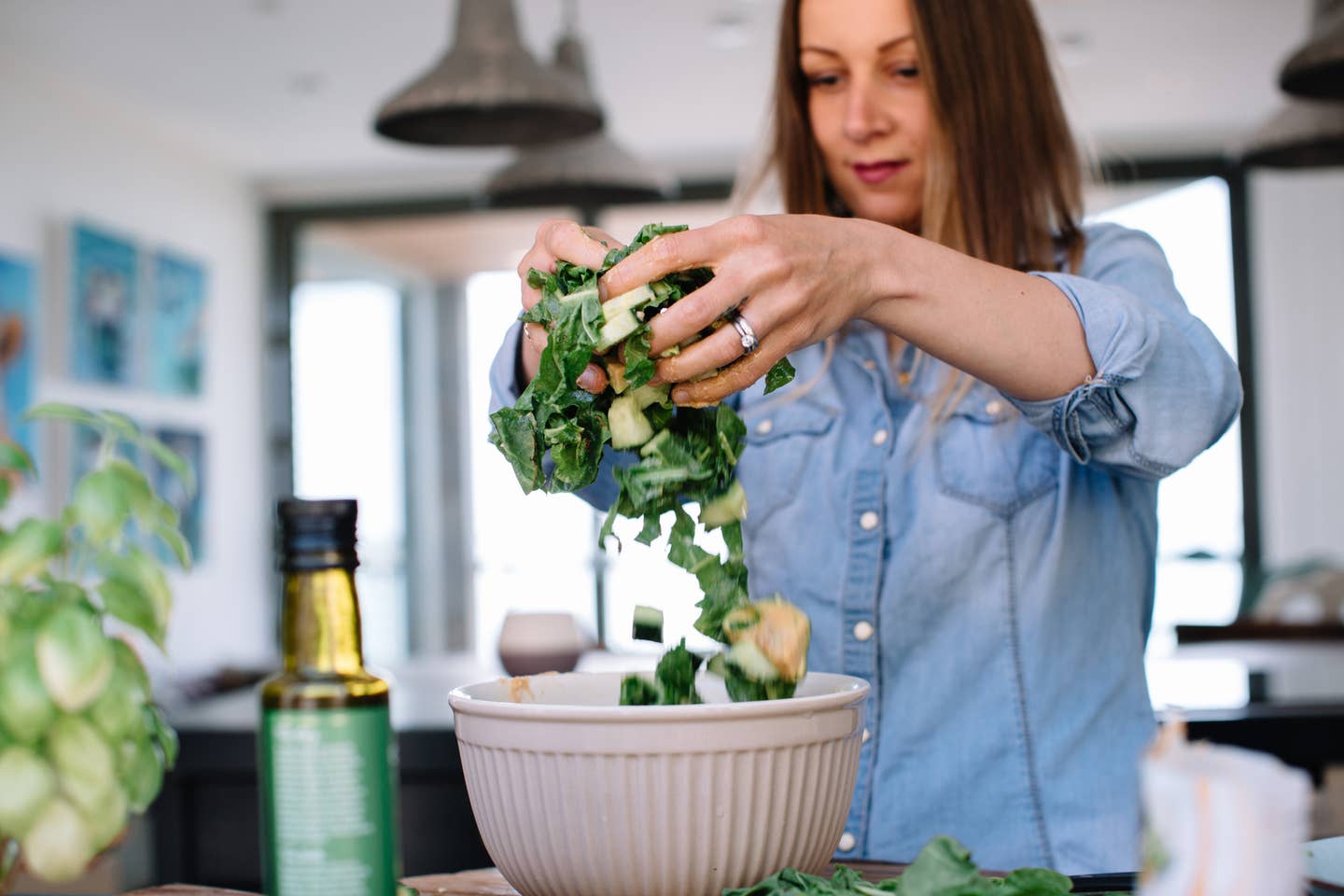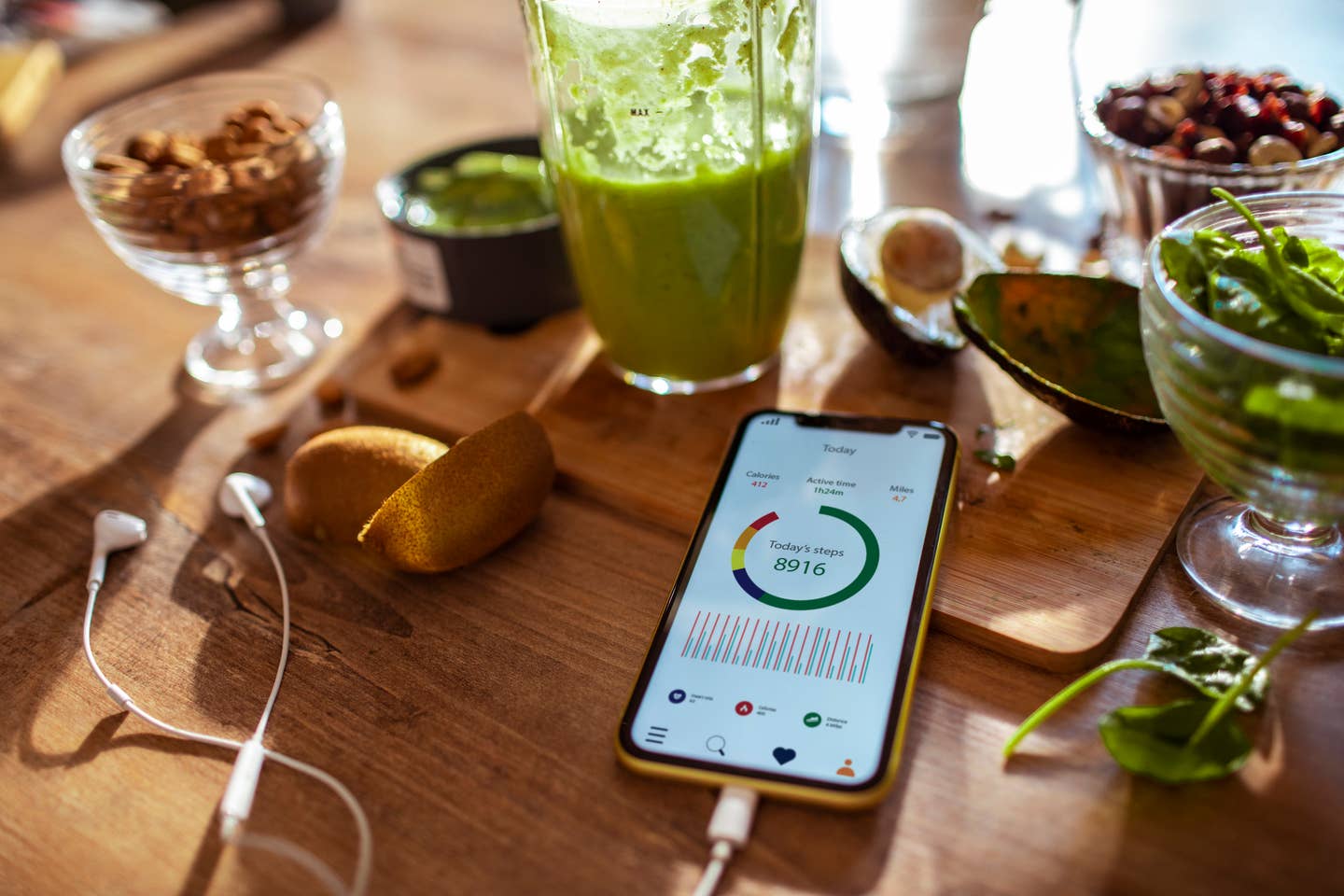
8 Books to Help You Get Started on Your Plant-Based Journey
When trying to figure out what being plant-based looks like in your own life, you’ll likely want to turn to the experts, both online and in books. It’s hard to deny that there’s an explosion of diet books on the market, and weeding through all the possibilities may leave your head spinning or worse – throwing in the towel on plant-based eating before you’ve even begun.
But don’t sweat it – we’ve done the hard work for you with this reading list, filled with experts who have made the switch themselves plus experts who break down the more complex science behind the benefits of a plant-based diet. And because there’s no hard and fast rule about how to live a plant-based life, this list is made up of plant-based diet books that take a variety of approaches of what defines a plant-based lifestyle so that you can find the best route to more greens and less meat for you.
1. Plenty: Vibrant Vegetable Recipes from London's Ottolenghi by Yotam Ottolenghi
One of the most fun parts of reading new cookbooks and diet books is learning about the people behind them. What’s their story? How did they make the shift to eat more intentionally? If you’re someone who’s curious about the larger story behind your meal, you’ll enjoy this plant-based diet book by Yotam Ottolenghi, restaurant owner and columnist of The New Vegetarian for The Guardian.
2. Eat for Life: The Breakthrough Nutrient-RIch Program for Longevity, Disease Reversal, and Sustained Weight Loss by Joel Fuhrman, MD
The follow up to Eat to Live, this book by a leading doctor and author on the plant-based front, explains that this way of eating can not only make you feel better but also prevent and even reverse disease. Furhman includes case studies of people who have lost weight and reversed disease symptoms by switching to a plant-based diet. His advice: choose foods with the highest nutrition per calories you can, and that means vegetables. He includes recipes to make eating this way easy and delicious. If your goal is living well and living longer, this book will be your guide.
3. The Mindful Kitchen: Vegetarian Cooking to Relate to Nature by Heather Thomas
Though there is no one reason to pursue a plant-based diet, some plant-based diet books have more of a focus on the mental health aspect of shifting your diet to prioritize plants. Here, Thomas focuses less on ideas like weight-loss and zeros in on creativity, connection to life, empathy, and a renewed relationship with the environment through plant-based eating. If you’re interested in how going plant-based can help you get more in touch with your creative, sustainable side, this book is for you.
Although this book is geared towards vegetarians, vegans can still reap tons of inspiration for recipes from The Mindful Kitchen, and, using a few handy swaps, can vegan-ize these gorgeous dishes.
4. Cooking with Scraps: Turn Your Peels, Cores, Rinds, and Stems into Delicious Meals by Lindsay-Jean Hard
A must-read for the skeptics, Hard isn’t interested in talking you into buying fancy kitchen gadgets or reorganizing your entire refrigerator. Instead, she’s passionate about helping you figure out how to use what you already have in your kitchen live a more plant-based life.
5. How Not to Die: Discover the Foods Scientifically Proven to Prevent and Reverse Disease by Michael Greger M.D. FACLM
If you are someone who often struggles to find the information you need to understand the relationship between food and the body, this is a strong starting point from the perspective of a Mr. Michael Greger M.D., who is vegan himself. Here you’ll learn how our diets are connected to certain diseases, and the power food can have to our overall health.
6. The Vegetable Butcher: How to Select, Prep, Slice, Dice, and Masterfully Cook Vegetables from Artichokes to Zucchini by Cara Mangini
Going plant-based means one obvious thing: Figuring out how to enjoy eating plants, and how to enjoy eating a lot of plants. Many of us fall into routines with our meals, which is doable if you have a massive variety of foods to turn to. But when you switch to eating primarily plant-based, you might feel like you’re hitting a wall and running out of ideas. Luckily, Mangini knows how to get creative, and with this book you receive over 350 pages of brilliant and unexpected ways to make vegetables in exciting and new ways, keeping your plant-based diet anything but bland.
7. Lands of the Curry Leaf: A Vegetarian Food Journey from Sri Lanka to Nepal by Peter Kuruvita
This book doesn’t just provide plant-based recipes, but contextualizes them, providing readers with stories and experiences attached to each meal. Eating plant-based is a journey, not a one-size-fits-all plan and Kuruvita makes it an enjoyable one to be on.
8. The Healthiest Diet on the Planet: Why the Foods You Love-Pizza, Pancakes, Potatoes, Pasta, and More-Are the Solution to Preventing Disease and Looking and Feeling Your Best by Dr. John McDougall, MD
Dr. John McDougall (who is featured in the documentary Forks Over Knives that put plant-based and vegan eating in the spotlight) discusses the benefits of plant-based diets by comparing it to other fad diets, breaking down what it means to eat a diet rich in plants, and less meat and carbohydrates.
Throughout the pages, you’ll learn how what we eat influences not just our bodies and how we age, but the world around us. If you want to focus on your head to toe health and transform your eating habits for good, this book is a good starting point.
And one diet book that we at The Beet are obsessed with, even though it does not only talk about plant-based eating is Life in the Fasting Lane, How to Make Intermittent Fasting a Lifestyle—Reap the Benefits or Weight Loss and Better Health. by Dr. Jason Fung, Eve Mayer and Megan Ramos The authors teach us how to eat in time windows, and not eat for 14 or 16 or 18 hours at a time, several days a week. (The exact amount of time or frequency you fast is up to you.)
The most important part of the science behind Intermittent Fasting is to train your body to use fat as fuel, so when you eat you try to keep sugar and simple carbs to a minimum. It works just as well (or better) for those on a plant-based diet. While sitting at your desk working, you feel back in control of your weight loss journey and your diet choices. Try it and let us know what you think!
More From The Beet






